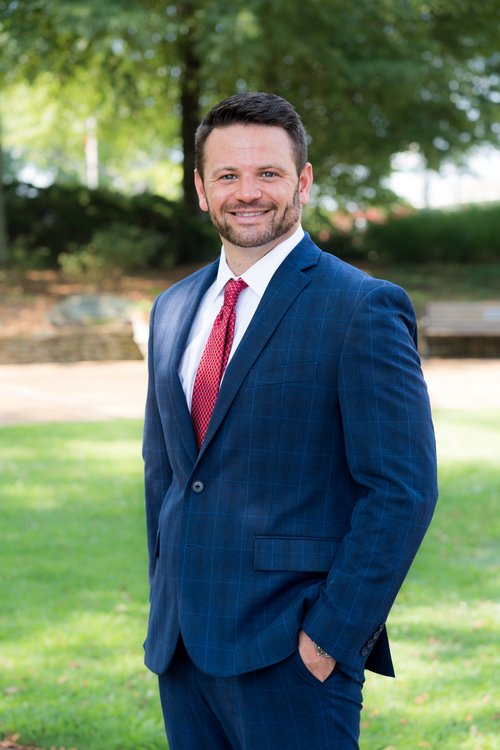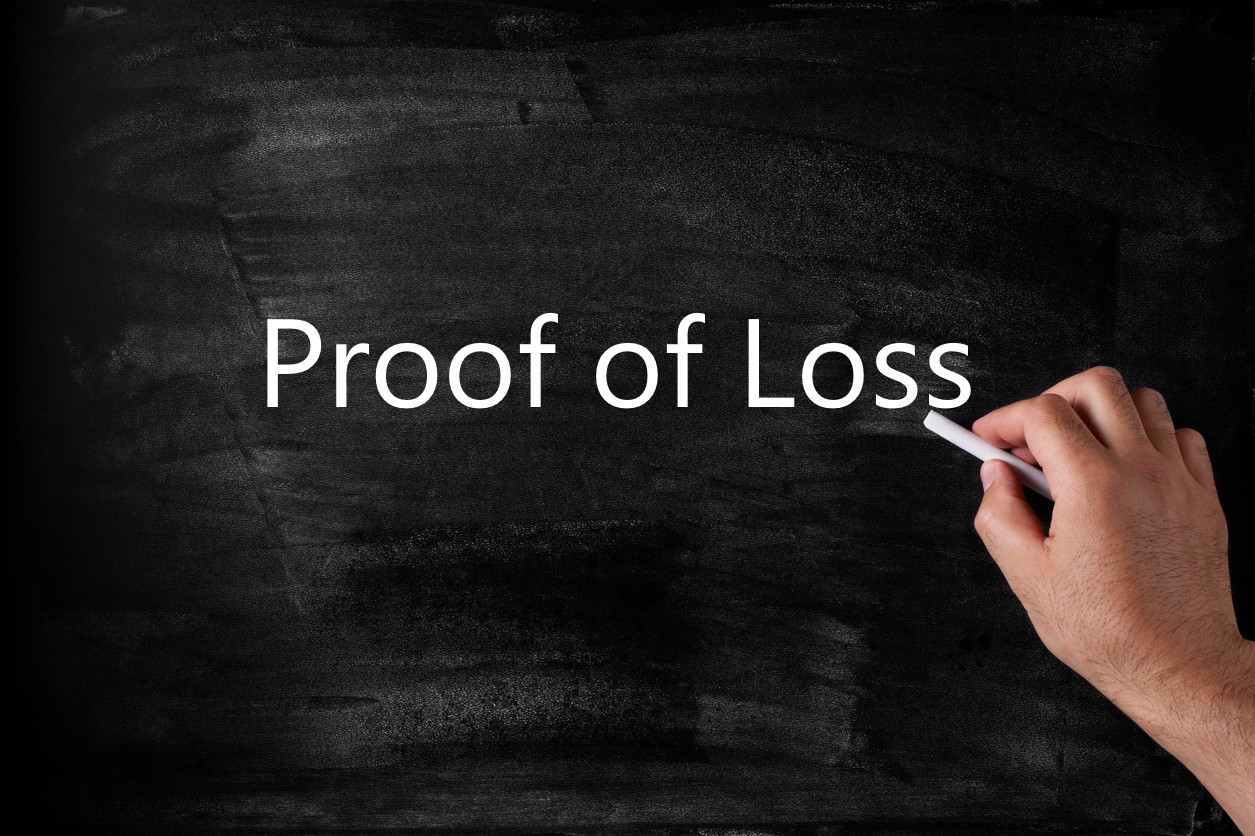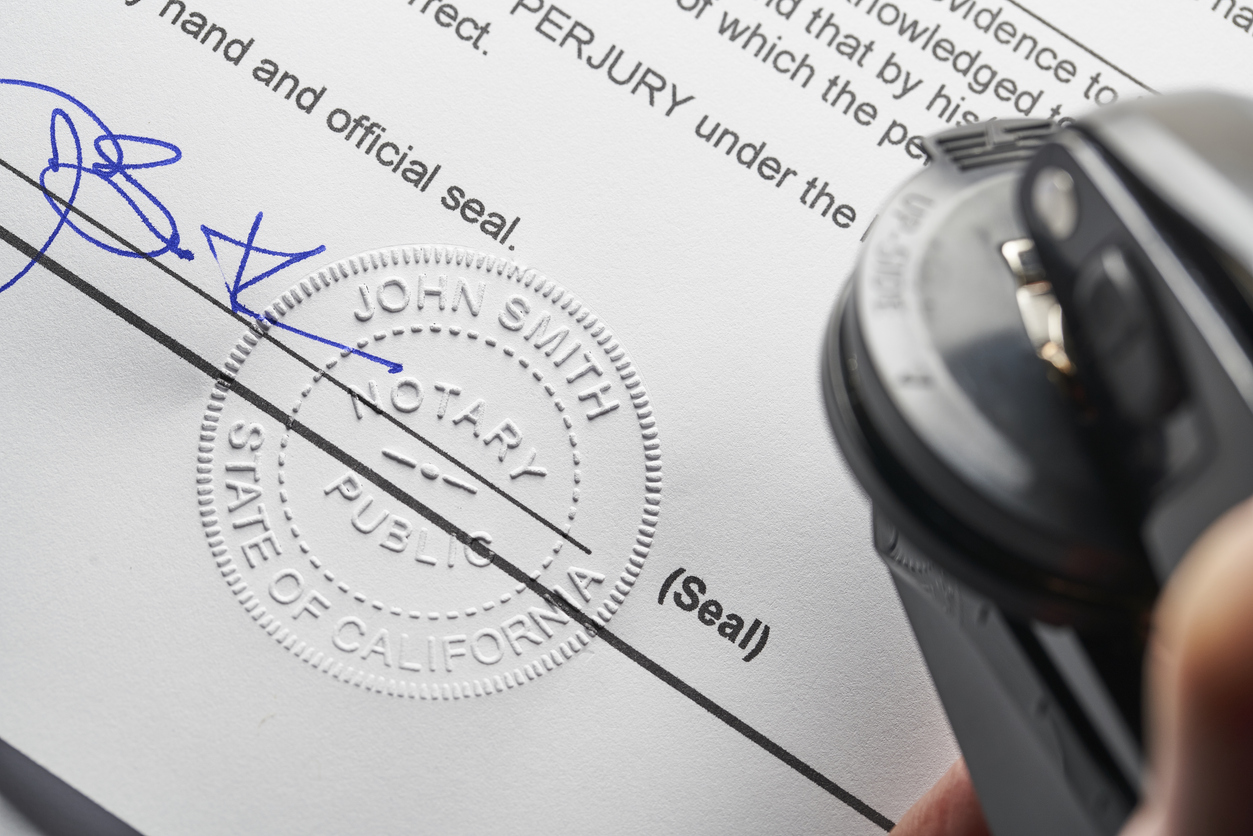Last week, I was preparing for a four-or-so-hour presentation for the National Claims Institute. The title of the presentation was “How To Prepare Hurricane Files For Litigation.” My excellent and valued co-presenter was Remington Huggins, who prepared a masterful PowerPoint to which I only added some minor edits.
The problem was that the title bothered the heck out of me. I did not pick it. I disagree with its premise. Seeing similar seminars advertised with the same or similar titles simply shows that a number of attorneys are making up this title to manipulate public adjusters and others to prepare to turn over their files to attorneys from the very beginning of a loss as if this was a normal way of claims business. It is really a new “let’s get cases any way we can” promotion for those types of lawyers who want to manipulate claims into dollars for their pockets rather than teach methods that truly help policyholders.
Following a loss, getting the full amount of indemnity owed under the contract out of the insurance company treasury and into the hands of the policyholder as fast as possible should be the goal of everybody in the claims industry. Every claims process resulting in action should be to accomplish this goal. Litigation, arbitration, meditation, and whatever other “ation” we conjure in our resolution minds should only come about after claims professionals fail in the best practices to reach the goal: Get the policyholders fully and promptly paid.
So, in my introduction or somewhere soon after, I expressed these views in a colorful and much more direct manner. Maybe I came on too pointed because one contractor made a comment that he was not part of the cadre of AOB attorneys and contractors who caused the changes in pro-policyholder Florida law that have been in place for over 100 years.
Remington agreed with me. He even changed the title to reflect that we were teaching about Best Property Insurance Claims Practices during the seminar. I have never changed the title to a claims adjustment presentation while in the middle of it. However, Remington had the courage to do so, and that is why you see his picture at the top of this post.
I preach that the best public adjusters are now using claims software that demands best claims processes be followed. It may not be easy, and it may take additional time to input data and other required information. But mistakes occur much less frequently when following systematic processes and checklists, and the policyholder gets a better result.
She is not paying me to say this, but Lynette Young of ClaimWizard is the best at this. She is passionate about adjusters following claims processes that reflect best methods in the industry. Adjusters are free to make their own processes. You can educate me if you think you have better software that is driven by the processes that property insurance adjusters should be doing to accomplish the goal defined in the title of this post. My bet is that Lynette Young would want to know them as well.
Public adjusters new to this field should not be taught that they are building a file for litigation. When people tell you that, you are being told an excuse for not resolving the claim. It is an easy excuse to turn over matters which will potentially cost your client money for all kinds of imperfections in your work and inability to master your craft.
At the same time, really good legal advice on property insurance law and claims that is practical and leads to a policyholder’s best resolution of a loss is truly important. Public adjusters should never practice law because it is illegal to do so, and there are times when legal advice is imperative. So, my comments in this post should never be taken to say that public adjusters should not be seeking legal help nor that attorneys who fully know this field of law should not be retained on losses.
If you are a public adjuster or a policyholder reading this blog, I will suggest that there is a time and place for everything, including when it is time for attorneys to help the policyholder’s interest.
The possibility of litigation certainly reinforces best claims practices. Litigation brings a property insurance claims file up for critical review by others. Were the actions timely? Were the investigative and valuation actions thorough? Was everything done legally and ethically? Were the communications professional, and do they honestly reflect the adjustment? Were all coverages considered and properly presented? Those were just a small part of the topics and questions we analyzed during the presentation last week.
Property insurance and others helping policyholders with their property insurance claims should always be looking to perfect their processes. At Merlin Law Group, we always do. I love to talk about the movie “Moneyball,” which emphasizes that our day-to-day actions to help our clients must be driven by disciplined and planned processes that drive positive results. We need to constantly question, change, and adapt those processes as technology and circumstances dictate because they truly help us from making all kinds of poor decisions that result in losses rather than wins.
Everybody in the property insurance claims business should have as their goal: Get the policyholder the full amount of money owed promptly—before making a goal of how much money they personally can make from the transaction.
Thought For The Day
God lets everything happen for a reason. It’s all a learning process, and you have to go from one level to another.
—Mike Tyson





